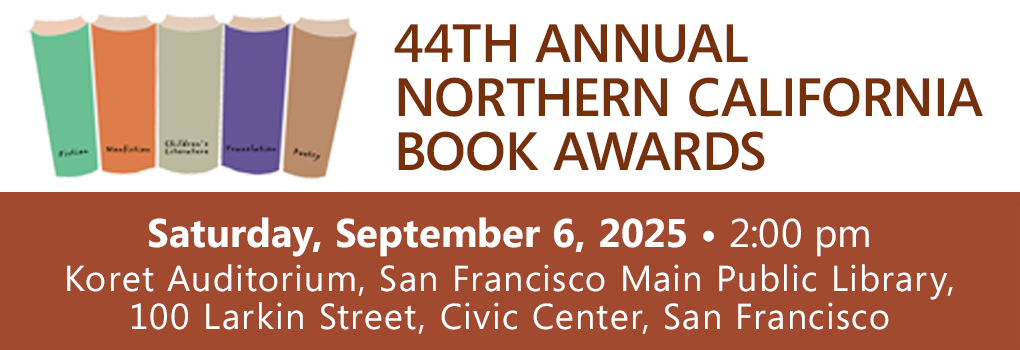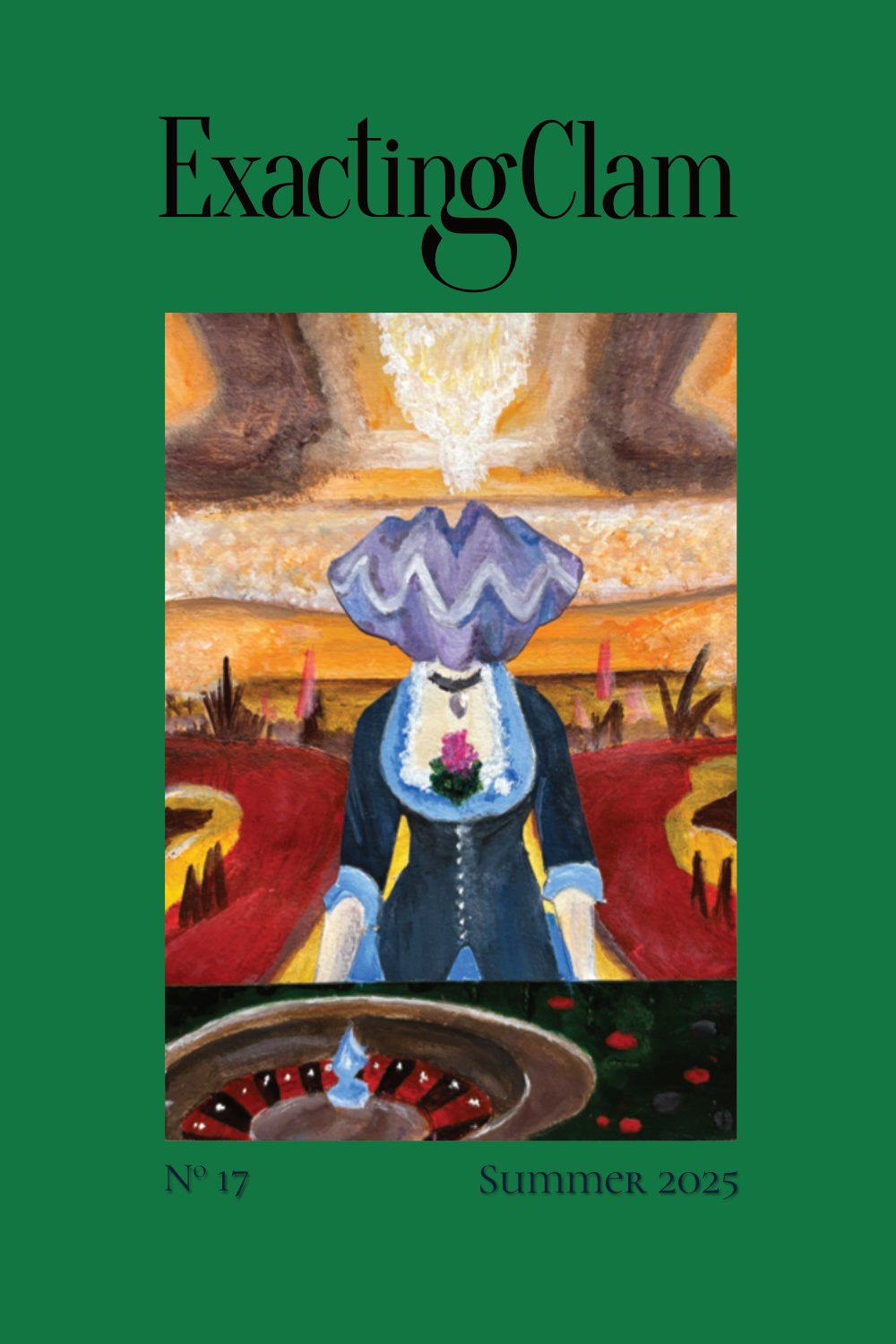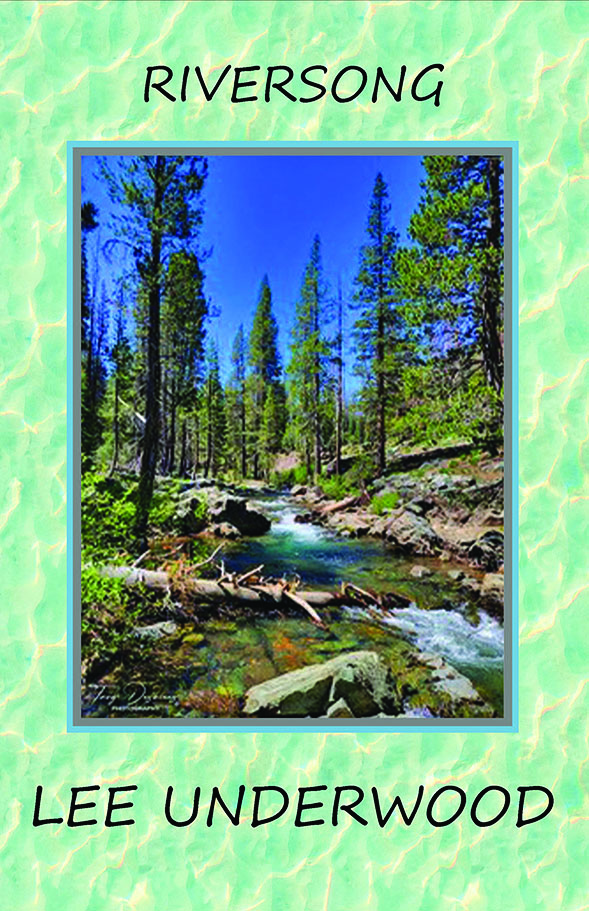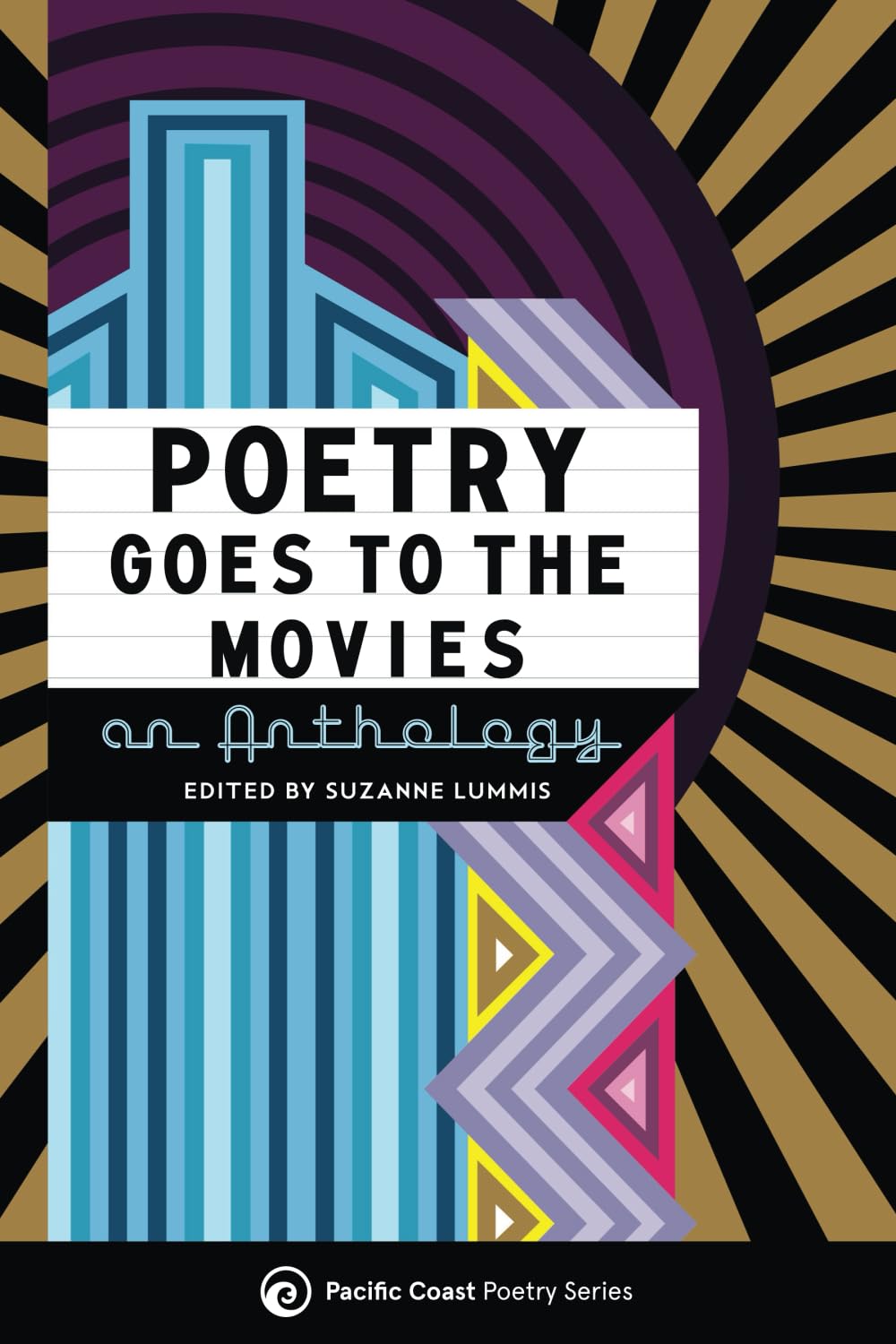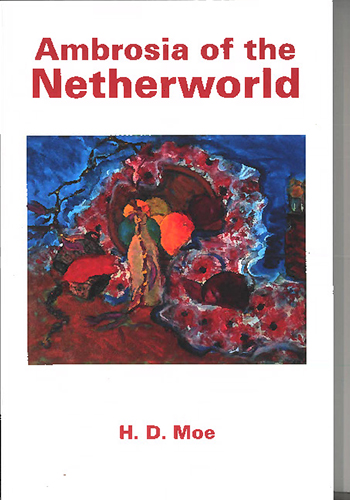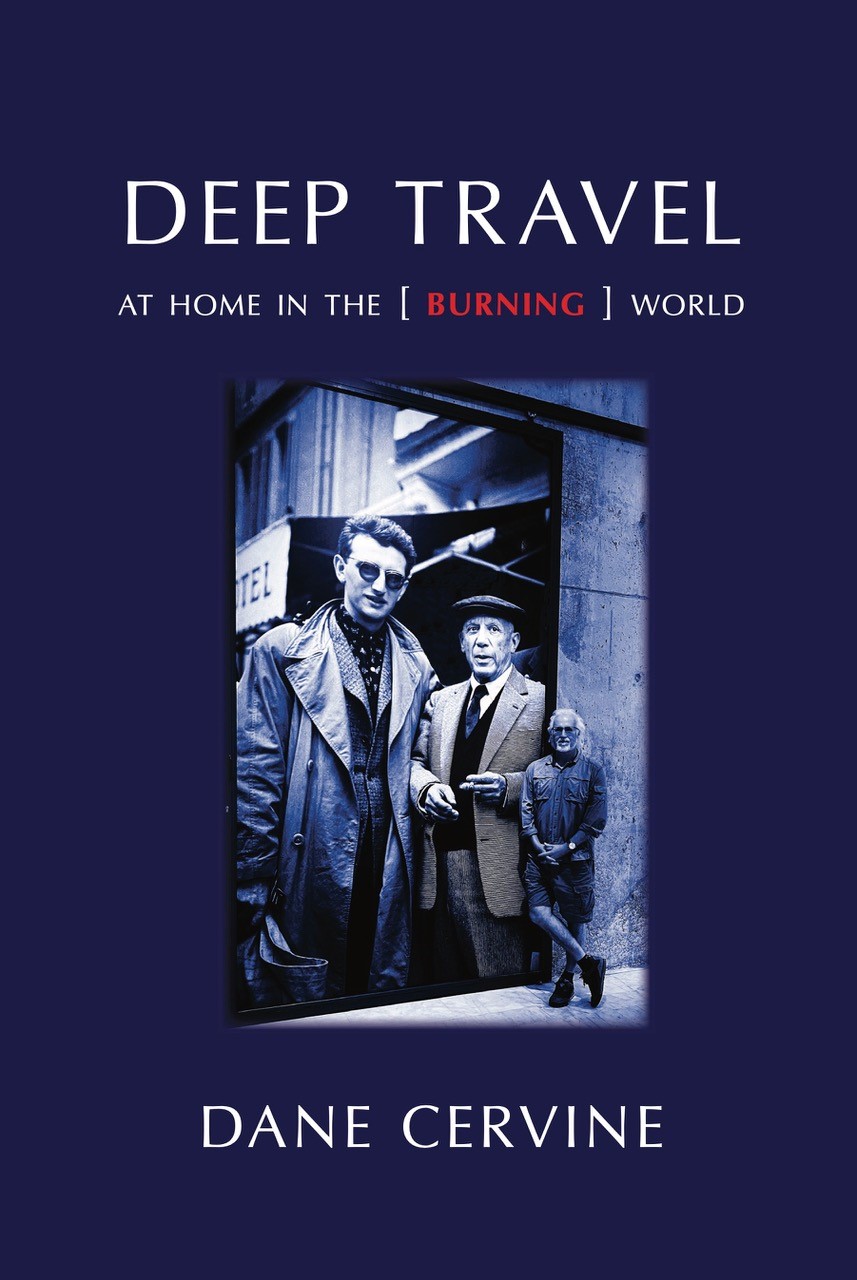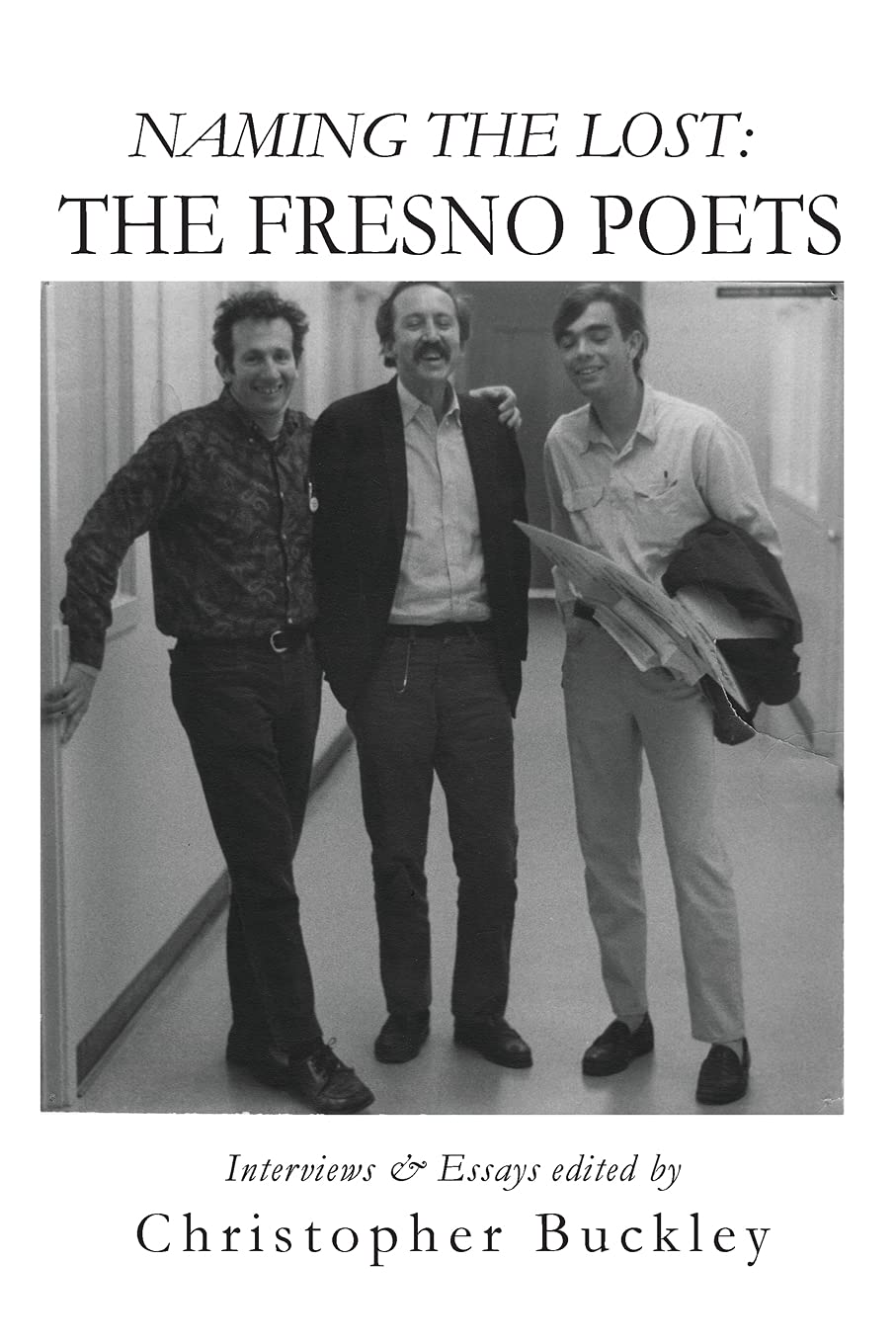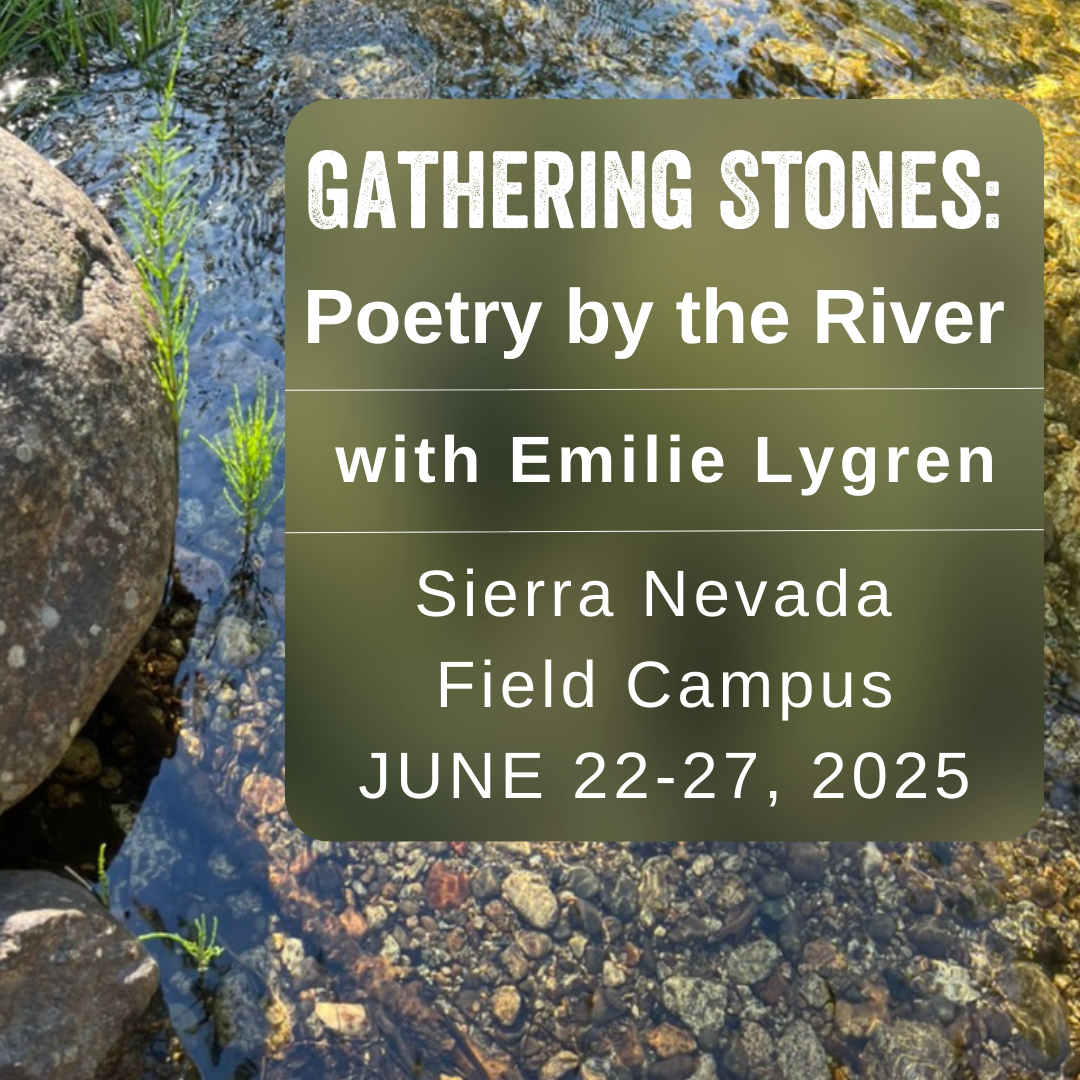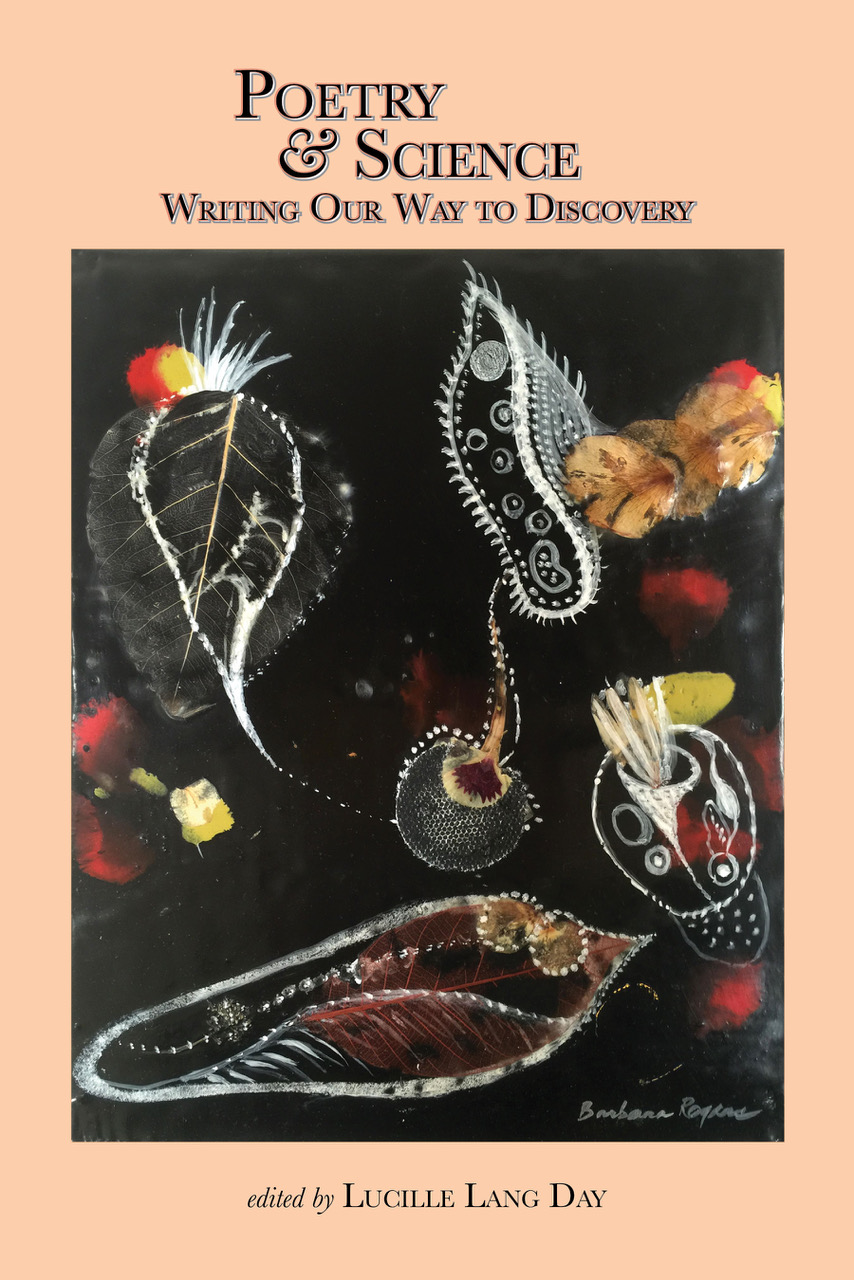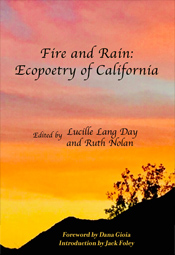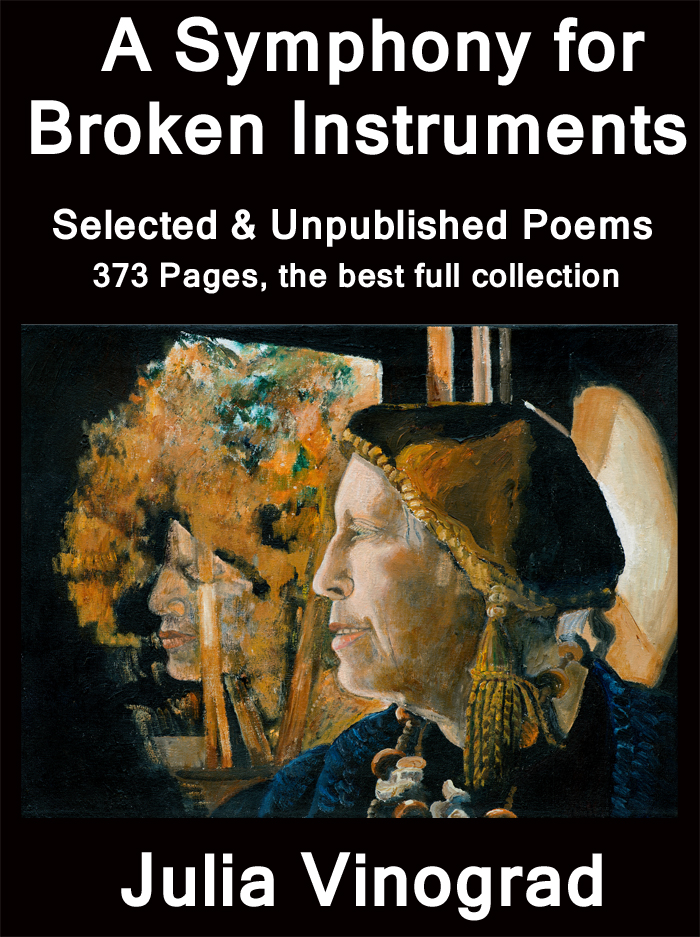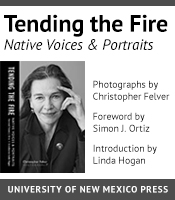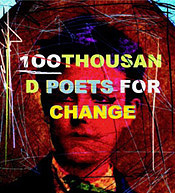
The Famous Black Poet
by George Higgins
Of Poetry and Protest: From Emmett Till to Trayvon Martin, edited and compiled by Philip Cushway and Michael Warr, W.W. Norton & Company, New York, New York, 2016, 219 pages, $21.95 paperback.
GIVEN THE MOST RECENT shootings of Alton Sterling in Louisiana, Philando Castile in Minnesota and five police officers in Dallas, Texas, the release of the new Norton anthology Of Poetry and Protest: From Emmett Till to Trayvon Martin, edited by Philip Cushway and Michael Warr, could, sadly, not be more timely. The book purports to collect the very best protest poetry being written by African Americans today.
In "Protest Poetry, his essay included in this anthology, Amiri Baraka, by way of definition, declares that protest poetry is not a poetry of narrow political concerns. To him such a label would be "some corny white shit." To Baraka the simple act of Afro Americans accurately describing the actual circumstances of their lives in the contemporary United States would of necessity be a poetry, a literature of profound complexity, and if it's a true story "will carry the edge of protest." Afro Americans create protest poetry, he writes, "…in the cauldron of racism, racial violence and dismissal. It reveals American lives, culture and history in a depth that nothing else is able to do."
Baraka goes on to argue that the greatest of American writers have grappled with these racial themes in all their variegated complexity. He cites Melville's Queequeg in Moby Dick, Twain's Jim in The Adventures of Huckleberry Finn, and The Slave Narratives of Frederick Douglass. I might add Faulkner, Ellison's Invisible Man, Morrison's Beloved. The events of the past weeks underscore the seemingly perpetual nightmare of race relations in America and the necessity for a humane, literate and nuanced response.
That's all well and good, but Baraka's stance and this anthology's conception do not come forth from a vacuum. They intentionally or not, pick at the scab of, or, perhaps, act as a corrective to—the controversy raised in another, previous Norton Contemporary African-American Poetry anthology published in 2013, and edited by Charles Henry Rowell, Angles of Ascent. Rowell declared in his introduction to that volume the beginning of a new era in Afro-American poetry, an era that had moved beyond the poetics of the Black Arts Movement.
Rowell in his Epilogue says that:
Without the fetters of narrow political and social demands that have nothing to do with the production of artistic texts, black American poets, since the Civil Rights Movement and the Black Power Movement, have created an extraordinary number of aesthetically deft poems that both challenge the concept of "the American poem" and extend the dimensions of American poetry.
Rowell posits in particular three exemplars of the new postpolitical Afro-American poetry: Nathaniel Mackey, Harryette Mullen, and Carl Phillips. Rowell praises Phillips when he says that [Phillips] "probes subjects seldom addressed in African American literature….No other black gay poet has used sex or the body with at the originality and newness that one finds in Carl Phillips's poetry…."
And Phillips himself seems to emphatically reject the baldly political or racially themed in the poem "Passing" from his first book In the Blood.
The Famous Black Poet is
speaking of the dark river in the mind
that runs thick with the heroes of color,
Jackie R., Bessie, Billie, Mr. Paige, anyone
who knew how to sing or when to run.
…the Famous Black Poet saying nothing I want to understand.
Baraka, being a central proponent of the Black Arts Movement, took exception to Rowell's thesis in a scathing rebuttal in the May 1, 2013 issue of Poetry magazine. In that article, he called the publisher's blurb on Angles of Ascent, Rowell's anthology, that declares Afro American poets have moved away from the political and accomplished much: "imbecilic garbage." Baraka wanted a mass art directed at the oppressed black community, not a poetry "hidden away on University campuses."
But there is a real truth at the center of this controversy. A small number of African Americans have benefitted greatly from the Civil Rights and Black Power Movements, and their lives are no longer primarily situated in the "cauldron of racism, racial violence and dismissal." And they have moved on to other themes, for better or worse.
Baraka makes this point in his Poetry essay:
Rowell thinks the majority of Afro-American poets are MFA recipients or professors. Wrong again! Obviously the unity and struggle in the civil rights and Black Liberation movements have resulted in a slight wiggle of "integration" among the narrowest sector of the Afro-American people. Rowell gives us a generous helping of these university types, many co-sanctioned by the Cave Canem group, which has energized US poetry by claiming a space for Afro-American poetry, but at the same time presents a group portrait of Afro-American poets as MFA recipients.
Baraka's point is that many, many black people, including poets, still live in the cauldron of racial violence as is evidenced by the facsimile of a partial list of racial murders from 2012 to 2015 printed in Of Poetry and Protest. That current list is set side by side with a partial list of racial murders from 1964 and 1965. Trayvon Martin next to the victims of violence in the civil rights movement. Time collapses. Sadly. Hence the need for this anthology, one might argue, to look back into the neighborhoods and circumstances that many of these poets and other African Americans have exited from.
But back to Carl Phillips's famous black poet and the poets of this anthology. Famous they are. Their number includes two U.S. poet laureates, two MacArthur genius fellows, Academy of American Poets Chancellors, eight National Book Award finalists or winners, five Pulitzer Prize finalists or winners, seven American Book Award winners. More than half are tenured professors at major Universities. The list is a who's who of African-American poetry: Elizabeth Alexander, Amiri Baraka, Rita Dove, Nikky Finney, Terrance Hayes, Yusef Komunyakaa, Ishmael Reed, Sonia Sanchez, Tracy K. Smith, and Natasha Trethewey, among others.
Still, the co-editor himself, Michael Warr, acknowledges his own uneasiness with the subject matter of this project when after he envisions school kids…waving through the holographic screen [of this book] on some futuristic iPad, "enthralled by the text, the images, and the personal journeys of the writers," he later imagines that these same future students will be "perplexed and disbelieving of the need to condemn sanctioned murder.…" Presumably because we will, as a country, have arrived in a real postracial world. Warr goes on to conclude: "I hope that one day this book is a relic."
Until that day arrives we have Of Poetry and Protest, a kind of coffee table/protest book hybrid. The collection sports oversize eight-and-a-half-by-eleven inch pages and includes forty-three poets, a photograph for each poet on its own oversized page. Like a Chuck Close portrait, the crisp, flattering head shots by Victoria Smith extend out through the page margins, the poet staring back at you. Despite the book's convention each photo seems to reveal something different and to enhance the book.
The photographs are followed (or sometimes preceded) by the author's own short essay on the subject of "How I Became a Poet." Think of a miniature Paris Review interview about the "Art of Writing." In addition, page-sized, iconic images from the 1960s are sprinkled throughout the book: a shadow boxing Muhammad Ali, a pixelated Malcolm X, Rosa Parks's mug shot, Huey Newton posed in his famous wicker backed chair.
What about the poems you might ask. Well, the book starts with Elizabeth Alexander's epic: "Narrative: Ali, a poem in twelve rounds." The poem captures the voice of the great fighter, Muhammad Ali. Unlike the sprawling persona poems of Ai, these stanzas are punched out in William Carlos Williams like lines and stanzas. You can hear Ali's voice:
I said to Joe Frazier,
first thing, get a good house
in case you get crippled
so you and your family
can sleep somewhere. Always
keep one good Cadillac.
And watch how you dress
with that cowboy hat,
pink suits, white shoes—
that's how pimps dress,
or kids, and you a champ…
Baraka lamented the lack of poets writing on racial themes in Angles of Ascent, Rowell's anthology, and suggested many who should've been added. But of the dozen or so he recommended (who had been omitted from Angles of Ascent) only three were included in Of Poetry and Protest: Nikky Finney, devorah major, and Lamont B. Steptoe.
It's hard to believe that Nikky Finney was not in the Rowell book. Her poem in Of Poetry and Protest is the stunning "Left" from her National Book Award-winner Head Off & Split. The poem is a three-page narrative of a woman who had been abandoned on a roof for four days and three nights in the aftermath of the Katrina hurricane. It proceeds in stately block verse paragraphs, but focuses on the sign the woman is holding.
The woman with pom-pom legs waves
her uneven homemade sign.
Pleas Help &hbsp; Pleas
With biting sarcasm the poem meditates over whether the reason she was not picked up from her New Orleans roof by the rescue helicopter was because she had misspelled "Please." The poem mixes this plainspoken descriptive narrative with biting discursive speculations about why she wasn't picked up. Like the ending:
After all, it was only po' New Orleans, old bastard city of funny spellers. Nonswimmers
with squeeze-box accordion accents. Who would
be left alive to care?
There are other forms to be sure, an Evie Shockley concrete poem in the shape of an X, Tim Seibles's congenial New York school-like ramble, first this happened, then that, in "At 59," in which he muses about the vagaries of aging in the hood.
There's a girl: a young woman, I guess
in her mid-20's…
I'm a
sir a gray beard to be addressed with deference…
The book contains, if not multitudes, a satisfying assortment of styles and approaches, for instance, Rita Dove's "The Enactment," about Rosa Parks. The poem describes in frank speech what is required of the person who will be arrested at the back of the bus. Dove does this in the same spare narrative style of her Pulitzer Prize-winner Thomas and Beulah.
Other idioms include Major Jackson's riveting racial confrontation "Rose Colored City": two couples confront one another, told in spare three-line stanzas with a surprising twist ending. Tyehimba Jess's "Infernal" is a plainly spoken oral history of Detroit.
Quraysh Ali Lansana's "on the killing of patrick dorismond" tells of the contemporary martyr Dorismond. The words of this poem are translated in parentheses: "a petty hoodlum (cop)," "plain-clothes officers (gestapo)," "dictate the results (status quo)."
So lots of variety, lots of different subject matter in different verse forms. I did tally up what Carl Phillips might call "heroes of color." There are four poems about Emmett Till, as one might imagine; three on Malcolm X, three that mention W.E.B Du Bois. But the list of heroes is not as extensive as one might think. There is also humor, experimentation, and irony. One might say there are a dazzling number of approaches in this collection.
The book overcomes what might become in less skilled hands a merely depressing or didactic presentation and, for the most part, "achieves a depth that nothing else is able to do." (Baraka, Of Poetry and Protest) This anthology demonstrates that we've reached a point where we can have our protest poetry and our aesthetically deft poems, too. ![]()
George Higgins lives in Oakland, California. His first book of poems, There, There, was published by White Violet Press in 2013. His first published poem, a villanelle, was selected for Best American Poetry 2003 by Yusef Komunyakaa. Other poems have appeared in Nimrod, Pleiades, Salamander, Poetry Flash, and elsewhere.
— posted September 2016




